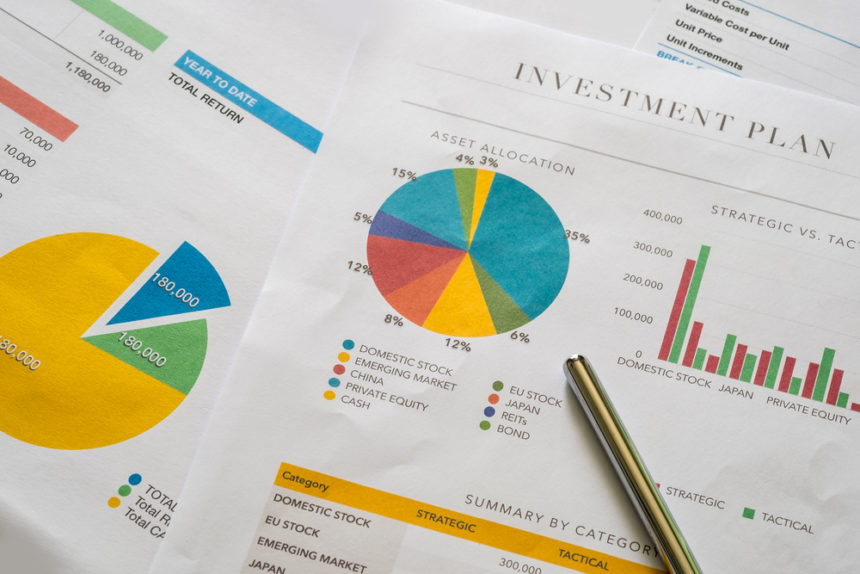I reckon it was somewhat of a blessing in disguise that my interaction with the financial sector had me first coming into contact with the industry as a consumer, then as a professional working right at the heart of it and then finally as a consumer again. I mean, having the company you work for go bankrupt teaches you a whole lot about what is a very mystified industry, but in my case, I guess it was somewhat of a blessing in disguise given all the experience I notched up.
Before crossing over to the “other side” and working behind the scenes in the financial sector I was completely swept away by the rather strong man-made river which exists in the form of what the financial sector feeds the masses. We’re taught to embark on the relentless pursuit of some possessions which are supposedly what constitutes living the ideal life, one of which such assets is the construct of having a financial safety net in the form of savings.
These aren’t really assets, however, but are rather some deep and dark money pits which pose as assets, perhaps by design as well and there are many of them. Take your car for example – yes, admittedly it has become public knowledge that a car is indeed referred to as a liability as opposed to being an asset, but the manner in which the financial sector is designed suggests the complete opposite.
A car is merely referred to as a liability and yet we tend to treat it like an asset, which is a slow-cooking recipe for disaster because if you look back at just how much money you spend paying off your car and plot that off against the value you received out of it, you’ll realise that all you really did was pay off a supposed asset which exists purely for the purpose of getting you to a job which affords you the money to pay off that very “asset.”

It’s a different story if your vehicle was perhaps something like a van which you used to run a profitable delivery business on the side and the money generated in profits was used to acquire some tangible assets with intrinsic value, but how many of us can honestly claim to be representative of such a situation?
I’m now going to ruffle some feathers and proclaim your house to be a money-pit as well, readily paraded as an asset otherwise. Think about it – what does your house offer you in return for the debt into which it has cast you? Again, it’s a different story if you have a way of generating some profits out of your house, like perhaps if you’re renting out your basement or you operate it as a guest house. Even then, the point is that an asset only really becomes an asset if you can find a way to derive some tangible, intrinsic value out of it, so don’t be too quick to jump into an investment in which you’re supposedly acquiring an “asset.”
Author: Oliver Curtis
Hi there. I’m Oliver. I’m just a young boy from the outskirts of… Okay, that’s a lie, I’m not a young boy anymore, although I certainly feel that way at heart.


